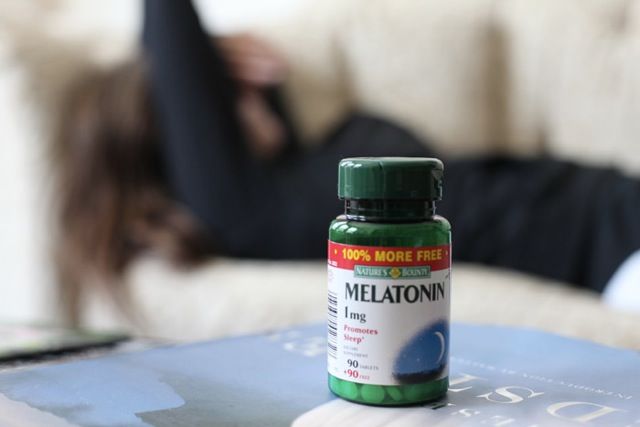
The Truth About Home Skin Checks: Are You Doing It Right or Wasting Your Time?
- Sep 1, 2024
Skin cancer. It's America's most common dance partner in the dreaded C-word tango; we all know someone who's had to tango, or perhaps you've had a spin on the dance floor yourself. The good news: skin cancer is like the lousy hide-and-seek player of the cancer world. You've got a decent chance of spotting it yourself, right there in your bathroom mirror. And early detection? It's like the VIP pass to a concert - significantly better chances of a good outcome.
So, say hello to your new monthly routine: skin self-checks. All it takes is five, maybe ten minutes standing in front of the mirror naked as the day you were born. Easy, right? Might want to slow your roll a bit though-many of us, it turns out, are doing it all wrong or, worse, misinterpreting the 'moles and holes' diary our skin offers up.
A recent bite-sized study pulled in 260 people with lesion-laden skin, and just about a third of those pesky skin invaders turned out to be malignant melanoma, the serious, no-joke version of skin cancer. Strikingly though, only a meager 21.7% of the diagnosed melanoma champs even suspected their lesion was malignant. Talk about irony.
While one might argue this study is too small for world domination, one Mike Climstein, PhD, (otherwise known as our research lead) begs to differ, particularly highlighting that the intensive suntan clinics known as Australia have a genuine skin cancer jamboree going on.
Now, according to skin gurus, aka dermatologists, there's a neat trick to these home skin self-checks-familiarizing yourself with your skin landscape is key. Spotting that new mole or the one that decided to change color one fine morning could be your ticket to early intervention. Just ask doc Nazarian of NYC or Pennsylvania's Dr. Ilyas; they're baking this advice into their check-ups.
What's more, if you've had a spin with a skin cancer diagnosis before, or perhaps your genetic lottery ticket lined up for 'high risk,' these self-checks should be your new bible.
We live in an era where annual routine screenings have become of-age rituals-in the skin department, it's no different. But Dr. Ilyas prompts you to re-think. Dermatologists, despite their array of tools, often miss crucial details because they only see snapshots of your skin, not the full-length film. What they miss? Change. As it turns out, change is the unsung hero of early skin cancer detection.
The militants over at the Skin Cancer Foundation recommend a monthly head-to-toe examination. Should you find any skin cancer enthusiasts in your family tree, getting a buddy to check those blind spots (ears, back, neck, and scalp-yeah, we see you) can prove extremely useful.
As for the effectiveness of self-checks, well, toss a coin, and you'll get an answer. While some skin savants say it works when done recurrently and properly, others dabble in skepticism. Point in fact, a 2019 study found some self-check methods might be helpful, but overall, they're somewhat hit-and-miss.
Alright, so how to do it? Start with your face, work your way down the neck, back, chest, arms, and legs. Easy peasy, right? Now, to keep this tale moving, digitize it. Take photos, make an album, and track changes over time. Dr. Ilyas recommends incorporating a post-it with a stick figure diagram showing the mole's location and the date-it's a simple case of learntech meeting skintech. Spotting and tracking changes on your familiar skin landmarks is an excellent way to notice if any newcomer moles or changes knock on your door.
Now, should you spot a suspicious mole during your man vs. mirror time, make sure to consult a dermatologist. Self-checks are a brilliant first line of defense, but they're not infallible. Your doctor can use tools like dermoscopy to closely examine the lesion. Even in our tech-advanced world, photographs don't yet have the precision to confidently rule out skin cancer.
Ultimately, finding a health provider who partners with you in this cause is crucial. Regular home checks, coupled with professional consultations, are your best bet at early detection. Besides, it's always handy to have a second pair of eyes, especially when they're medically trained to spot those devious skin invaders. So, don your detective's hat, get to know your skin, and remember-even if you're not 100% sure about a lesion, it's better to call in, rather than write it off. Here’s to stepping up and taking charge of your skin health, because let’s be honest – this is one dance none of us want to do.






